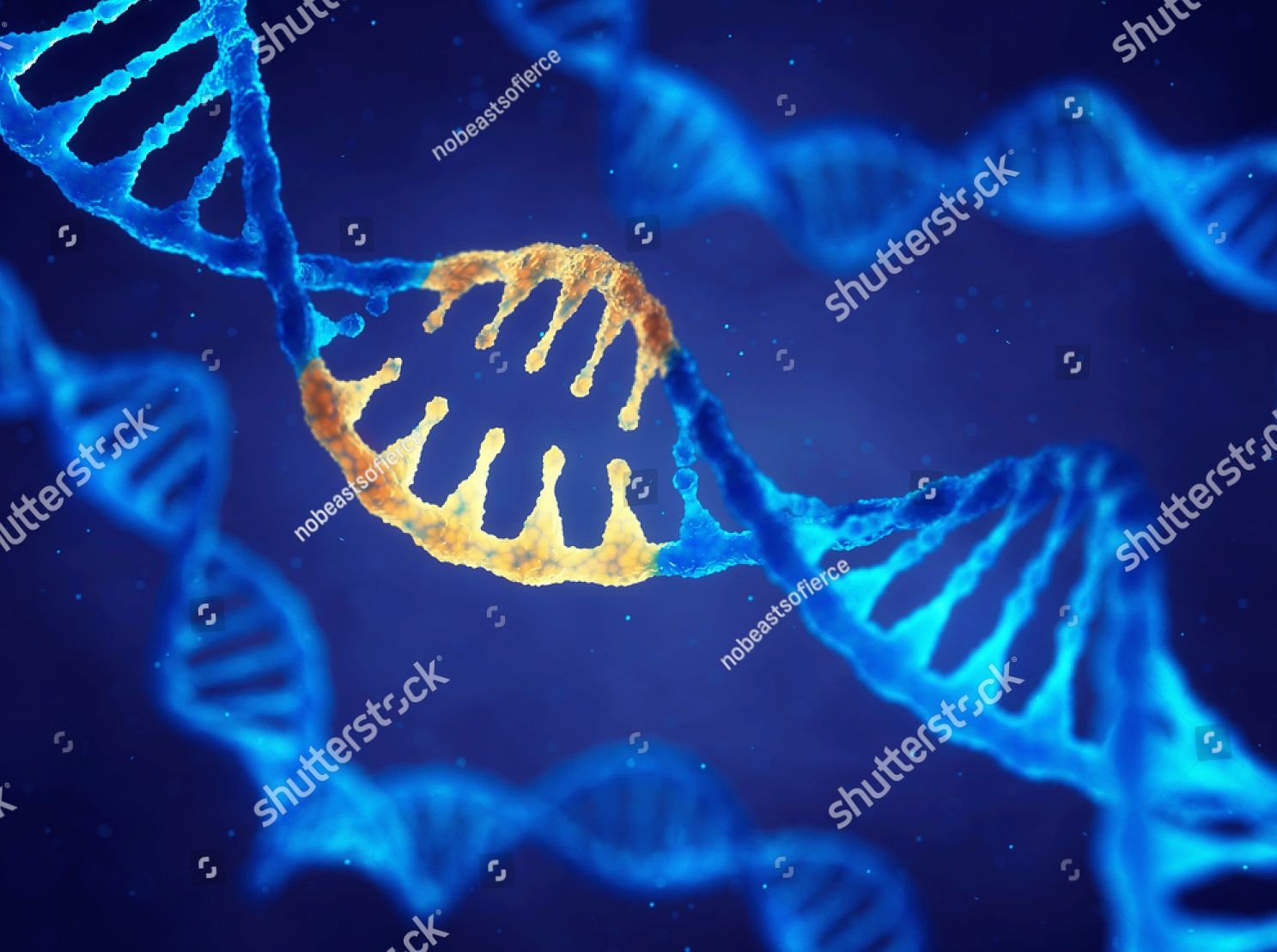KABUKI SYNDROME: A RARE HEREDITARY SICKNESS
Kabuki Syndrome (KS) is a hereditary sickness with multiple inherited anomalies as well as intellectual disabilities. This syndrome is also known as Kabuki makeup syndrome or Nikawa-Kuroki syndrome. It was first reported by Kuroki and his colleagues, Japanese researchers in their article entitled A new malformation syndrome of long palpebral fissures, large ears, depressed nasal tip, and skeletal anomalies associated with postnatal dwarfism and mental retardation. They reported the first case among 5 unrelated patients with a previously unrecognized mental retardation malformation syndrome. And it was gathered that they all have common clinical features such as mental retardation, postnatal dwarfism and are all liable to infection in infancy.
The cardinal diagnostic manifestations of KS include distinctive facial features, mild-to-moderate intellectual disability, skeletal anomalies, dermatoglyphic abnormalities, and postnatal growth deficiencies
The prevalence of Kabuki syndrome is estimated to be 1 in 86,000 to–1 in 32,000 individuals. Recent studies have shown that KS is mainly caused by loss of two functional genes KMT2D and KDM6A due to mutation. This two genes belongs to a family of genes called chromatin-modifying enzymes and act along with other regulating genes that are involved in embryogenesis and development. KS is often characterized by five cardinal manifestations which includes distinctive facial features, mild-to-moderate intellectual disability, skeletal anomalies, dermatoglyphic abnormalities, and postnatal growth deficiencies.
KS have been extensively reported from different parts of the world with etaimated cases of 1/32,000, although, the rate may be underestimated because of misdiagnosis and missed diagnosis. Diagnosis of KS is mainly clinical, based on a identification of the five cardinal diagnostic features.
Mutation is the main cause of KS, and from available resources it is known that pregnant women shouldn’t be exposed to mutagenic agent i.e. agents of mutations. Exposure of a pregnant women to these or one or more agents can lead to several cases of syndromes and disabilities which can either be dominant and manifested immediately or recessive then passed on to the next generation.
Kabuki syndrome is a rare congenital disease that can be prevented by avoid smoking, taking excessive drugs , dangerous exposures to irradiation etc
Thanks for reading
Kindly resteem and upvote


A to z all good
Thanks for stopping by
This is educating
Thanks I appreciate the comment
Resteemed by @resteembot! Good Luck!
Curious? Read @resteembot's introduction post
Check out the great posts I already resteemed.
ResteemBot's Maker is Looking for Work.
Hey @loxside,
welldone for introducing the steem health community to this rare syndrome.
Your post has been selected for #Air-Curie blog feature.
Cheers!
@air-clinic I feel so honored. Thanks for the gesture. It is encouraging God bless you all